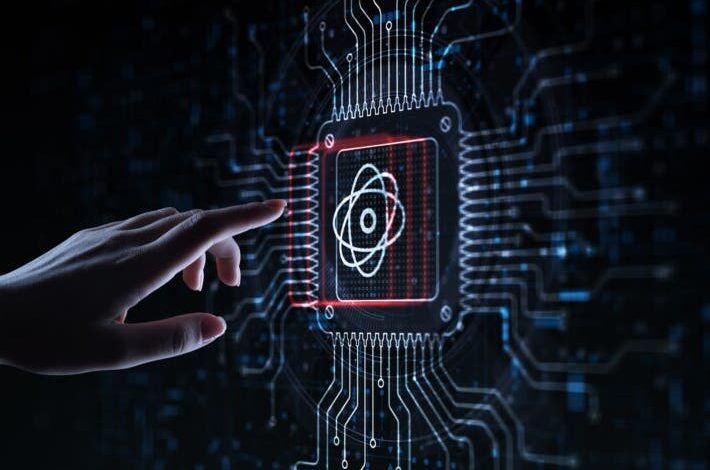Quantum Computing Threatens Security: The Impending Q-Day

The emergence of quantum computing presents a transformative threat to the cybersecurity landscape, with experts warning of an event known as Q-Day. This term refers to the moment when quantum computers become capable of breaking encryption methods that currently protect sensitive data, including personal communications, financial transactions, and state secrets. The potential consequences of Q-Day could reshape the trust society places in digital technology.
Understanding the implications of Q-Day is crucial. Most secure online communication relies on encryption standards like RSA and ECC, which are designed to withstand attacks from classical computers. These methods would take thousands of years for traditional systems to crack. However, quantum algorithms can theoretically solve the mathematical challenges underpinning these encryption methods in a fraction of the time. As a result, current cybersecurity measures could become obsolete, leaving vast amounts of private and classified information vulnerable.
Estimates regarding the arrival of Q-Day vary significantly. According to the National Institute of Standards and Technology (NIST) and McKinsey & Company, this pivotal moment could occur as early as 2030. In contrast, tech giants such as Google and consulting firm Deloitte predict that Q-Day might not materialize until around 2035. This uncertainty highlights the urgency for preparation, as data transmitted today could already be at risk. Adversaries may exploit a tactic known as “steal now, decrypt later,” hoarding sensitive information in anticipation of future quantum capabilities.
As the clock ticks towards Q-Day, the race is on to develop and implement new encryption standards that can withstand quantum attacks. Experts advocate for the adoption of “post-quantum cryptography” (PQC), which focuses on creating algorithms resilient to the capabilities of quantum computers. NIST is actively working to standardize these new encryption methods, aiming to enhance security across various sectors.
Transitioning to post-quantum systems is a monumental task. Every computer, security protocol, and networked device worldwide will require updates, a process that could take years to complete. The challenge lies not only in the technological transition but also in the collective will of organizations and governments to act swiftly to protect critical information.
As society stands on the brink of this quantum revolution, the decisions made today will determine its resilience against the seismic shifts posed by quantum computing. Investing in quantum-resistant solutions and fostering global cooperation will be essential in navigating the complexities of this new era. The implications of Q-Day extend beyond theoretical discussions; they represent a fundamental challenge to the integrity of our digital world.






